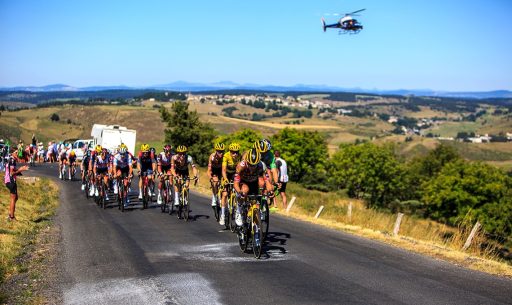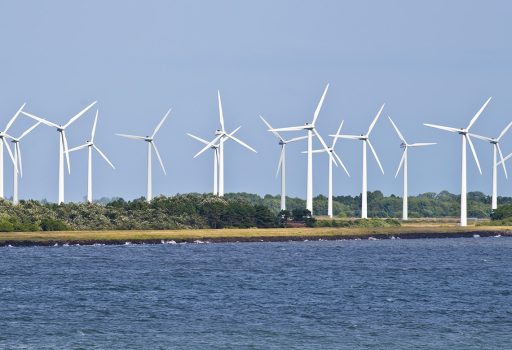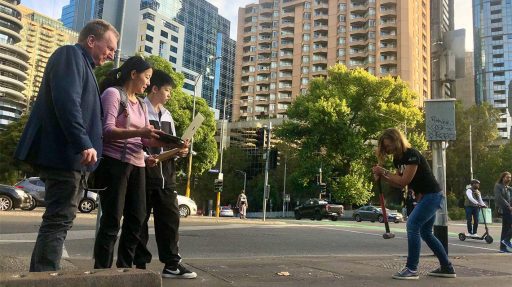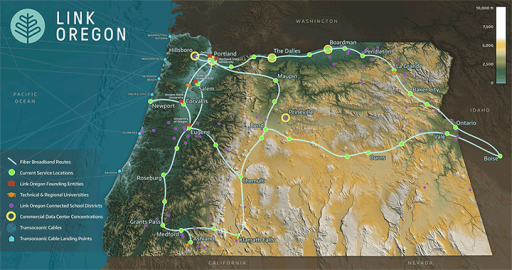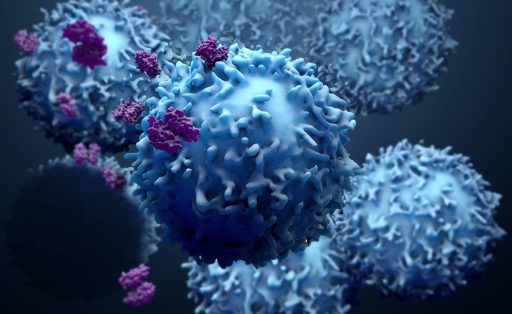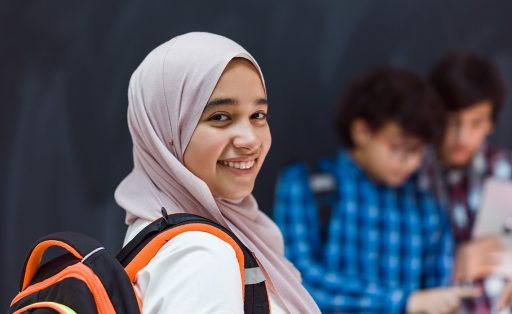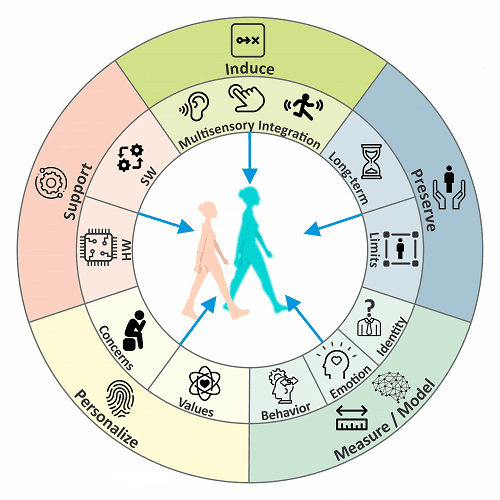South African Technical and Vocational Education and Training (TVET) colleges have received a broadband boost, which will improve the teaching and learning experience for many students across the nation.
Gazing into computer screens for hours contributes to millions of people suffering from dry eye syndrome. Backed by supercomputing, Finnish researchers suggest better eye drop treatment.
When Danish cyclist Jonas Vingegaard triumphed in the 2022 edition of the world’s largest cycling event, the Tour de France, supercomputing played a part. Wind tunnel trials helped his Jumbo Visma team optimize aerodynamics.
In a world craving renewable and zero-carbon energy, the economic and societal importance of wind power has become huge.
A huge network of optical fibre runs underground across Australia, delivering the internet on light pulses. Optical fibre is very sensitive to vibration, making it an option for recording the Earth’s tremors.
Link Oregon, is partnering with Oregon tribes, along with the Network Startup Resource Center (NSRC), the University of Oregon (UO), and Oregon State University (OSU), to improve internet connectivity for tribal communities in Oregon.
CSC has recently developed new services for sensitive data management for research so that data from more patients can be shared and analysed to fast-track discoveries.
While a variety of genetic factors are known to play major roles in relation to cancer, the specific pathways still largely remain to be discovered. This is the main scope of computational biology.
Students of socioeconomic vulnerability in Brazil will be provided internet access, while many other students will have their existing connections upgraded.
Students, researchers, and academics across the sultanate can now use eduroam to connect to the internet.
Researchers in the BODYinTRANSIT project are studying how Body Transformation Experiences (BTE), or perceptual illusions of body change, can be engineered, to create the illusion of being something different than what they are in reality.
Particle physics research datasets that need to be transported to CERN are often large and can require large amounts of bandwidth for short bursts.




